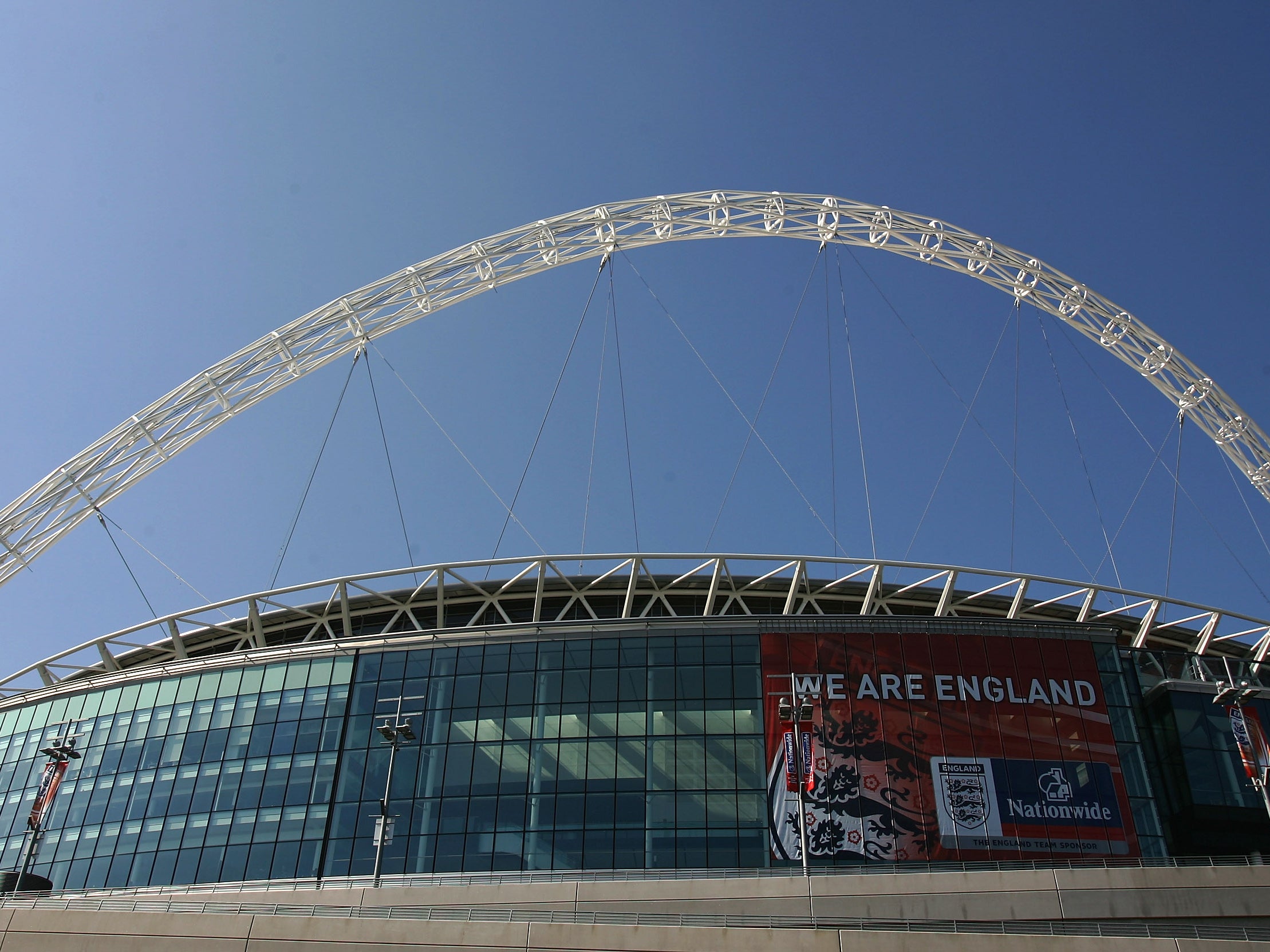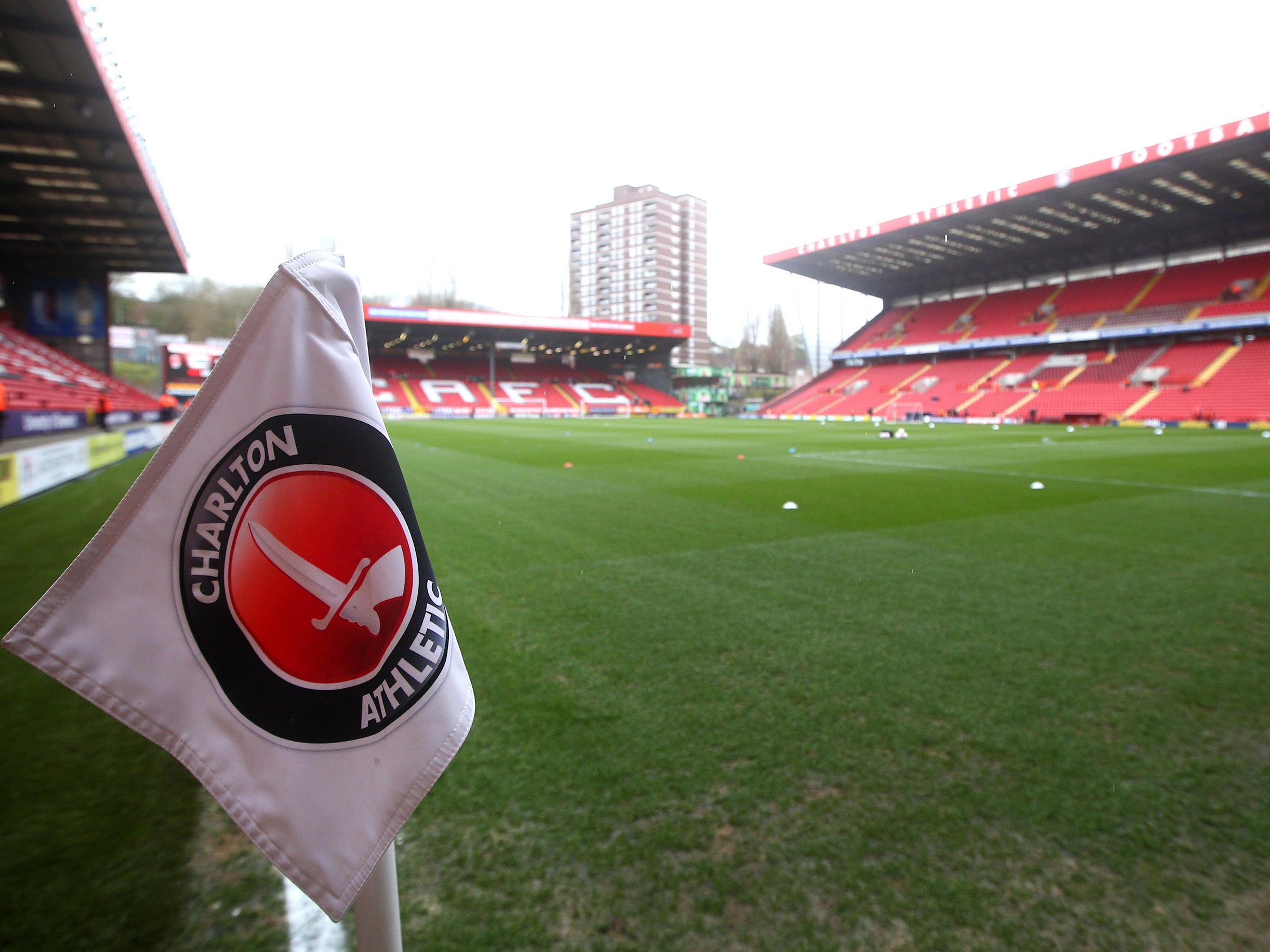Football clubs' negative and 'masculine attitude' thwarted FA's attempts to protect children against sexual abuse
Exclusive: Professional clubs resisted attempts 10 years ago because researchers had not played football

The Football Association’s attempts to ensure children were protected against sexual abuse more than 10 years ago met with a wall of resistance from professional clubs, with a negative and “masculine attitude” which left researchers struggling to get access to the sport, The Independent can reveal.
The FA launched a landmark investigation into child protection measures at all of its associated clubs in 2001, and though funding was pulled from the programme two years later, the interim reports - seen by The Independent - reveal that some professional clubs viewed the research team with deep suspicion. The view from some clubs was that the child protection researchers from Brunel University could not be trusted because they had not played football.
One report of the “FA’s Child Protection in Football Research Project 2002-06”, published in 2004, stated that researchers who were looking for evidence of whether a system to make children safe was actually working “were met by some traditionally robust masculine attitudes and failure to accept the relevance of CP (Child Protection) to that level of the game. Gaining credibility and establishing [trust from clubs] were considerable challenges, especially where researchers were unable to present credentials as current or former football players.”
Officials, some of whom viewed child protection officers as “jobsworths,” were also “fiercely protective of their autonomy and initially reluctant to allow researchers in, despite all the measures taken by the research team to carry photo identity badges, letters of authority, to be background-checked by the FA and to seek entry via the County Secretary.”
The Brunel researchers found paranoia within the game that coaches would fall victim to “false allegations” of sexual abuse, even though only one of 132 cases analysed in a further report had provided evidence of one. One club, Charlton Athletic, is praised for its approach to child protection but researchers found the child protection referral system to be chaotic and patchy nationally, with widespread lack of understanding about how it worked.

What was supposed to have been a five-year review of child protection, headed by Professor Celia Brackenridge, one of the world’s leading specialists in the field, had its funding cut by 40 per cent in the second year. One source told The Independent on Thursday that “the professional game and the FA were at loggerheads” over the importance of the issue. So abrupt was the termination of plans to investigate child abuse in the game that Prof Brackenridge had to threaten the governing body with legal action over payment in the small claims court.
Despite the sport’s obstructive response to the FA project, the team did manage to complete 482 interviews with 189 young players aged 12-17, parents and guardians, referees, managers, coaches and welfare officers. One of the interim reports reveals that the chronically chaotic state of the Criminal Records Bureau (CRB), which had been set up 1997, was proving a major problem to clubs who wanted to seek background checks on staff. It was revealed last weekend that Bob Higgins, a coach cleared of six abuse charges in 1992, freely walked into a job at Fleet Town FC, where he was working until recently.
“Someone about whom there were suspicions or allegations could not be tracked from one sport to another,” Prof Brackenridge wrote in one interim report. “The CRB struggled to adapt to such concern and, at the time of [our research] was not seen as a solution.”
A separate report reveals that within the 132 child protection referrals, 10.6 per cent dealt with allegations of sexual abuse, with physical abuse (22.8 per cent) emotional (15.2 per cent) and bullying (21.2 per cent) also significant. The 2004 report says that “no serious child abuse was uncovered” - revealing that even by the early years of this century, the casual and systemic abuse of the 1970s and 1980s was no longer prevalent.
But the report is an indictment of the closed-off world of professional clubs. “Closure and secrecy were perceived to be habitual in an environment where managers and coaches were anxious about their positions and about pressure for their teams to perform on the pitch. People… were reluctant to engage with professional expertise.”
The dominant culture in the professional game was “…an aggressive, masculine environment in which bad language, threatening behaviour, verbal abuse… feature highly because that’s the way coaches coach,’” one witness told researchers. County FA committees, meanwhile, were fiercely resistant of “perceived top-down edicts” about child protection.
The Brunel researchers praised the FA for launching the ground-breaking study but the body did not see the project through. Though the spiralling costs of the new Wembley Stadium were heaping bad publicity on the governing body by 2003, the FA did make a marginal £55,000 profit in 2003, the year the project was axed.